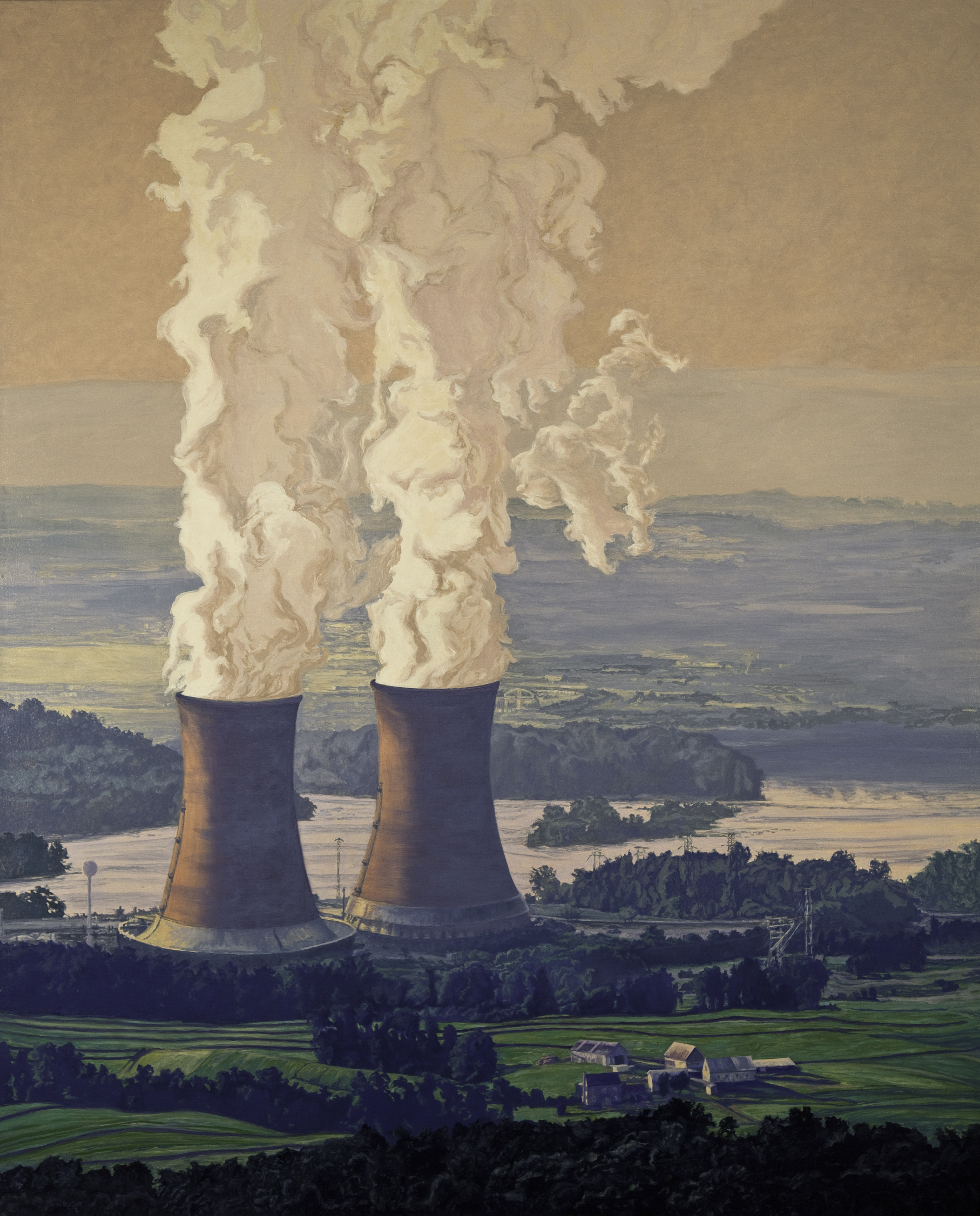
Then take me disappearin’ through the smoke rings of my mind
Down the foggy ruins of time, far past the frozen leaves
The haunted, frightened trees, out to the windy beach
Far from the twisted reach of crazy sorrow
– Bob Dylan, Mr. Tambourine Man (1965)
Struggling with a deep and abiding sense of loss, Cotton Mather invented America. As he lamented in his epic Magnalia Christi Americana, “I shall count my country lost, in the loss of the primitive principles, and the primitive practices, upon which it was at first established: but certainly one good way to save that loss, would be to do something that the memory of the great things done for us by our God, may not be lost.” In the wake of later generations’ inability to live up to their forefathers’ vision, Mather memorialized what he could not emulate. But there was a paradox in this. Mather’s grandfathers hoped to transform a howling wilderness into a gift for their grandchildren: “None the least concerns that lay upon the spirits of these reformers, was the condition of their posterity: for which cause, in the first constitution of their churches, they did more generally with more or less expressiveness take in their children, as under the churchwatch with themselves.” Giving up on the depredations of Europe, the Puritans sought to create New Israel from scratch. But there was far too much work to be done for their Godly society to be realized in one lifetime. Like later generations of immigrants, they would work hard so that their kids and grandkids could live the American dream. But something had gone terribly wrong.
Left with only the memory of the “great things done for us by our God,” Mather celebrated the errand into the wilderness even as he knew it was doomed. The founders’ graves were an ongoing rebuke to their posterity: “I’ll shew them the graves of their dead fathers; and if any of them do retreat unto a contempt or neglect of learning, or unto the errors of another gospel, or unto the superstitions of will-worship, or unto a worldly, a selfish, a little conversation, they shall undergo the irresistible rebukes of their progenitors, here fetched from the dead, for their admonition.” Mather was dwarfed by his grandfathers’ accomplishments. Next to monumental aspirations to create a city on the hill, the quotidian concerns of ordinary people were worldly, selfish, and small. Because the first Americans’ social vision proved too difficult to fulfill, they left to their grandkids a sense of spiritual failure. Caught in a temporal loop that retrospectively anticipated its own impossibility, Mather’s America was trapped in an imaginary space that mourned the memory of this lost future.
After my father died, I leafed through a Bible given to him as a child from the First Presbyterian Church of Bethlehem, Pennsylvania. On its back page, he had written 1 Pete 23. I do not know when or why he did this or what significance he saw in this passage, but referring to a Biblical book by a diminutive nickname was the kind of thing he would do. The passage reads: “You have been born anew, not of perishable seed but of imperishable, through the living and abiding word of God,” and then continues “for ‘All flesh is like grass and its glory like the flower of grass. The grass withers, and the flower falls, but the word of the Lord abides for ever.’”
First Peter is a vexing book. Addressed to the exiles, it proclaims freedom to the captives. Peter promises spiritual rewards for present suffering. Our mortal bodies, we are told, are passing ephemera like grass withering and flowers falling. Peter tells us this because he wants us to endure. Later readers have drawn diverse conclusions from his instructions. At best, those born of imperishable seed find the hope and strength to resist the world’s many injustices. At worst, the promise of spiritual freedom diverts our attention from the sources of this worldly suffering, such as in Peter’s injunction to servants: “Servants, be submissive to your master with all respect, not only to the kind and gentle but also to the overbearing. For one is approved if, mindful of God, he endures pain while suffering unjustly.” A Marxist would see here the opiate of the masses. Promising illusory happiness in place of real happiness, the spiritual strength to endure injustice could help such injustice to persist. So is this why we tell the suffering that they are free?
Page 1 of 3 | Next page